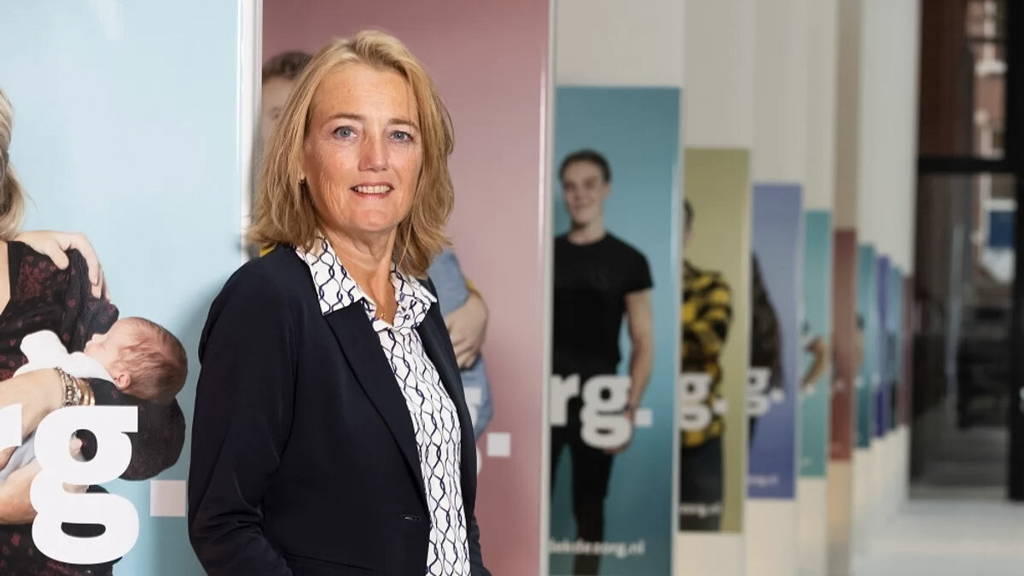Tomorrow, Tuesday May 14, the doors of the MECC in Maastricht will open for the first day of the ICT&health World Conference. For three days, visitors from all parts of the world can listen to many (inter)national speakers such as Safaa Almajthoub, Abigail Norville, Stephanie Klein Nagelvoort Schuit and Bianca Rouwenhorst, gain and share knowledge and of course network. Bianca Rouwenhorst will speak about data availability, the importance of which she also writes about in her column in the next edition of ICT&health.
We live in a data age. We share photos and messages on Facebook with friends and strangers; we use smartwatches to keep track of how far we have walked and how many calories we have burned; we look at mijnpensioen.nl for an overview of the finances for our old age. With the same ease with which we collect and share data in our daily lives, we should also do so in healthcare. Of course, with guarantees for privacy and security. Because the healthcare of today and the future also revolves around data.
Terms such as data availability, data solidarity and data quality are central here. A few years ago, these terms were hardly discussed in healthcare. Now, given the importance of network care, they are a precondition for the digital transformation, as we describe it in the national vision and strategy for a health information system and as also stated in the European Health Data Space (EHDS).
Data availability
Data availability is the availability, accessibility and usability of recorded health data for the specific information need, according to the National vision and strategy for a health information system. This information need may come from a healthcare provider who needs health data from a patient who is or was also being treated by another healthcare provider.
That need may also come from a researcher who is investigating a treatment for a specific condition. There may also be a need to take measures in a specific region to prevent more cases of disease, based on anonymized health data of patients from a certain area.
Data availability is different from data exchange in healthcare. Data exchange often involves exchange of patient or health research data between two healthcare providers who know each other and whose exchange is protocolled. Consider a referral from a general practitioner to a specialist or the transfer from hospital to nursing at home or community nursing. With data availability, the information can be viewed at the source if the healthcare provider or citizen needs this information. So the data will not physically be sent to the healthcare provider.
Difficult to achieve
Data availability is currently difficult to achieve. Health data about patients is recorded in electronic patient files (EPFs) of the various healthcare institutions. Different healthcare institutions have different systems for both the functional support of the healthcare process and the recording of data from patients.
We also have several data infrastructures in the Netherlands. Different sector and supplier-specific infrastructures therefore determine the options for storing and exchanging medical data. This makes health data difficult to access for healthcare providers from different organizations treating the same patient.
We must change this. We need to separate data and functionality in systems. The data must always remain at the source, with the healthcare provider. And this must be available for treatment within network care or for research or other purposes. To make the data from those different systems available, we are, for example, working on an open API strategy for data availability and a nationwide network of infrastructures.






